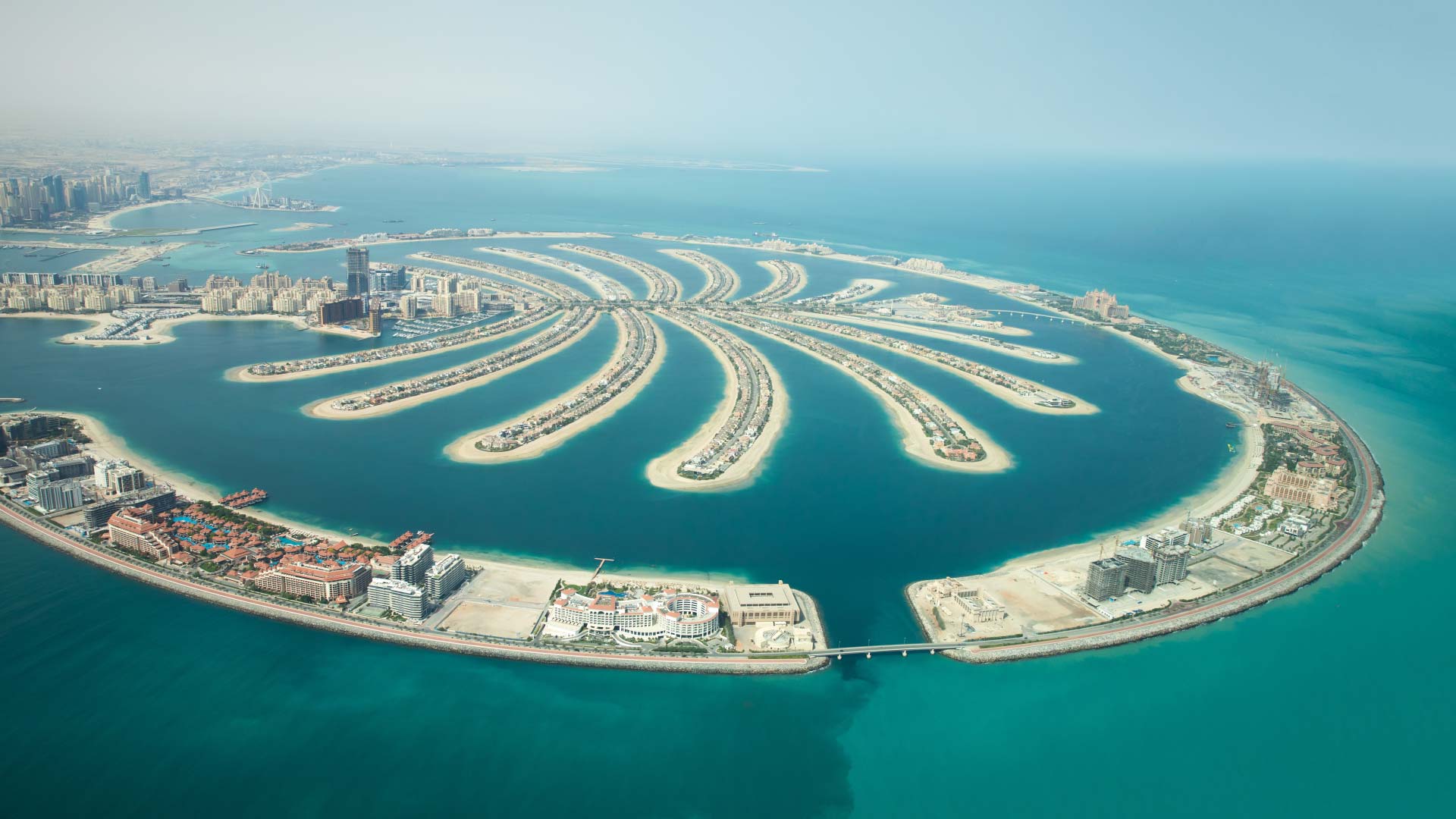Addressing Water Quality Issues on Marco Island
In response to years of declining water quality, Marco Island is considering an innovative solution. During a recent City Council meeting, a local businessman proposed a plan to create habitat islands using dredged sediment from the island’s canals. The plan aims to improve water quality and create new habitats while addressing environmental concerns.
Water Quality Challenges Since 2019
Marco Island’s waterways have been classified as impaired by the Florida Department of Environmental Protection (DEP) since 2019. The DEP’s evaluation found elevated levels of toxins, especially nitrogen, in the canals, which exceeded acceptable standards. This has led to impaired water conditions, with dissolved oxygen levels trending toward hypoxia, a state where aquatic life cannot thrive. Such hypoxic zones are often referred to as “dead zones” because they are unable to support normal marine ecosystems.
Ongoing Efforts to Restore Water Quality
Measures Taken to Improve Water Conditions
Since hiring Environmental Research and Design in 2021, Marco Island has taken multiple steps to enhance water quality. The initiatives include:
- Swale Exfiltration Improvements: Upgrading swales to better filter water.
- Street Sweeping Programs: Reducing contaminants from road surfaces.
- Median Reconstruction: Modifying medians to limit stormwater runoff.
- Public Education Campaigns: Raising awareness about proper irrigation practices.
- Culvert Cleaning: Clearing culverts to improve water flow and circulation.
- Canal Aeration Pilot Study: Testing aeration techniques to increase dissolved oxygen levels.
Marco Island’s Water Quality Restoration Plan
In June 2023, the city submitted a water quality restoration plan to the DEP and the U.S. Environmental Protection Agency (EPA). This plan was accepted, and Marco Island is now listed in the “4e category,” indicating that restoration efforts are actively underway.
Exploring Alternative Solutions to Traditional Dredging
High Cost of Traditional Sediment Dredging
A 2021 analysis by Environmental Research and Design estimated that a traditional sediment dredging approach would cost approximately $189 million. This method would involve extensive dredging, piping, and transporting sediment off the island—an expensive and time-consuming process.
C-HAWQ: A New Approach to Habitat and Water Quality Improvement
The Proposal for Manmade Mini Islands
In search of a cost-effective alternative, Marco Island resident Dan Davies, owner of Earthwerks Corp., presented a unique proposal to the City Council. The project, known as the Coastal Habitat and Water Quality Initiative (C-HAWQ), aims to create habitat islands from dredged sediment. The islands would total about 100 acres and be located near the dredging sites.
Benefits of the C-HAWQ Initiative
The C-HAWQ proposal offers several potential benefits:
- Cost Savings: Expected to be significantly cheaper than the $189 million estimate for traditional dredging.
- Wildlife Habitat Creation: Planting native vegetation on the islands would foster new wildlife habitats.
- Continuous Waterway Use: The project would allow boat traffic to continue during construction.
Environmental consultant Chad Washburn from Naples Botanical Garden supports the proposal, explaining that the newly created islands would provide essential habitat for local wildlife.
Next Steps for the C-HAWQ Proposal
Council’s Initial Approval and Project Development
The City Council expressed interest in the proposal and gave its approval to proceed with more detailed project planning. According to city attorney Alan Gabriel, if the C-HAWQ initiative is deemed unique enough, it may not need to go through the traditional bidding process.
Construction Plans and Equipment
The project would utilize amphibious excavators to remove sediment from the canals and transfer it onto barges, which would then be used to form the islands. This approach ensures that regular boat traffic would not be disrupted during the construction phase.
The Long-Term Impact on Marco Island’s Waterways
Potential to Reverse Environmental Damage
With the removal of septic systems on the island and various measures already in place to control stormwater runoff, the C-HAWQ project could play a critical role in reversing years of environmental damage. The combination of habitat creation and water quality improvement offers a holistic approach to restoring Marco Island’s waterways.
Commitment to Community and Environmental Stewardship
“This project started out of concern for our local environment,” said Davies. “I want to do this because I care about the waterways here. It’s about more than just solving a problem—it’s about making a lasting positive impact.”
